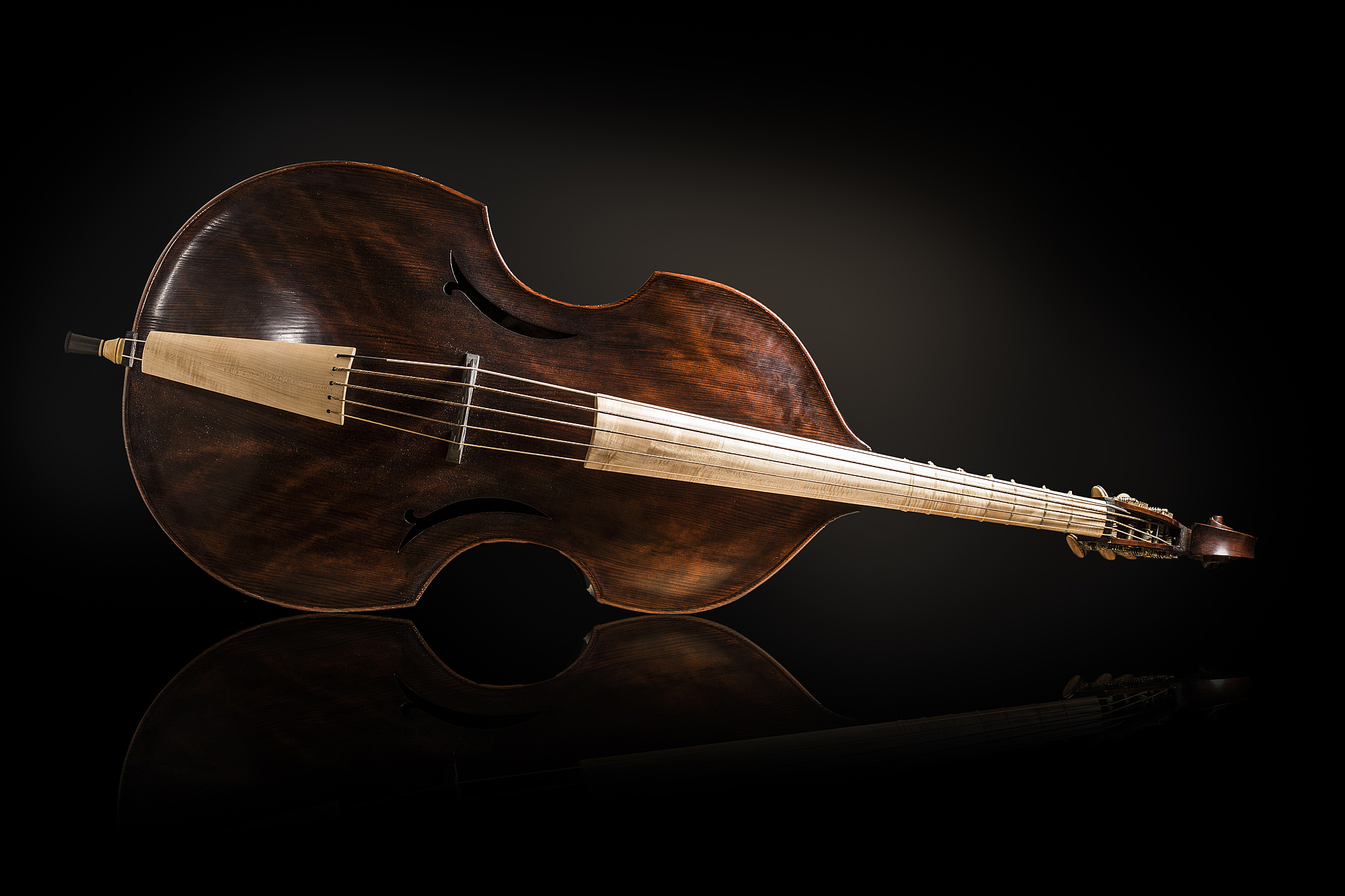
Speaking singing
Bach's Weimar cantatas in the baroque singing workshop with tenor Gerd Türk
The Department of Voice | Music Theatre at the Weimar Music University is once again welcoming a distinguished guest: renowned specialist in the performance of sacred works by Johann Sebastian Bach, tenor Gerd Türk will be offering a workshop on ‘Bach's Weimar Cantatas’.
Selected students will receive intensive tuition in the auditorium of the Beethovenhaus Belvedere from Monday, 3 June to Wednesday, 5 June. The public is cordially invited to this Master Class - as well as to the final concert on Thursday, 6 June at 19:30 in the Festsaal Fürstenhaus. Admission is free.
The course times from 3 to 5 May are 10:30 to 13:30 and 14:30 to 17:30. Nine vocal students will be accompanied by an instrumental ensemble, which was created together with the Department of Early Music, on recorder, oboe, violin, viola, viola da gamba, cello, violone and organ.
Bach's Weimar cantatas BWV 152 ‘Tritt auf die Glaubensbahn’ and BWV 132 ‘Bereitet die Wege, bereitet die Bahn’ will be fully rehearsed and performed. There will also be duets and individual numbers from four other cantatas by Johann Sebastian Bach: BWV 21, 63, 163 and 199, performed in the original instrumental and vocal line-up with authentic instruments and in the usual tuning of the time.
‘Sacred works from the Baroque period are part of a singer's working life today,’ says Márton Terts, lecturer for repetition at the Department of Voice | Music Theatre. ‘They are indispensable for the professional diversity and professionalism of almost all aspiring vocal artists. One student had the idea of asking Gerd Türk for a workshop because of his artistic and pedagogical expertise - and everyone was immediately hooked.’
In the first years of his nine-year tenure at the Weimar court (1708-1717) as court organist and chamber musician, the composition of church cantatas was not necessarily Johann Sebastian Bach's main task. This changed in 1714 when he was appointed concertmaster with the obligation to write and perform a new cantata every month for the church services in the palace church.
In total, he composed more than 20 cantatas by the time he left for Köthen in 1717, many of which are among his best-known and most remarkable. In Weimar, Bach made the stylistic transition from the traditional sacred concerto of the central and north German school to the cantata in the Italian style.
The tenor Gerd Türk can look back on decades of involvement with this music: on the one hand as a professor of baroque singing at the renowned University of Music, the ‘Schola Cantorum Basiliensis’ in Basel, and on the other as a performer of countless cantatas in concerts and recordings, especially with the conductors Ton Koopman and Masaaki Suzuki.
Gerd Türk has always endeavoured to strike a balance between a historically informed style of interpretation, the ‘speaking singing’ that was the central requirement of all relevant musical treatises in the Baroque period, and a vocally well-founded ‘bel canto’, the beautiful singing that had its origins in the Italian dramatic style of the 17th century.
Gerd Türk has mastered a wide-ranging repertoire, from Gregorian and medieval music to Romanticism; however, he has a particular fondness for early Baroque music and Bach's cantatas and oratorios, which he has performed countless times in concert.
He has developed into a much sought-after concert singer who has performed under the direction of renowned conductors and early music specialists. Concert tours have taken him to almost all European countries, Australia, New Zealand, North and South America, South East Asia and Japan. His discography includes more than 100 CD productions.
[7 May 2024]
